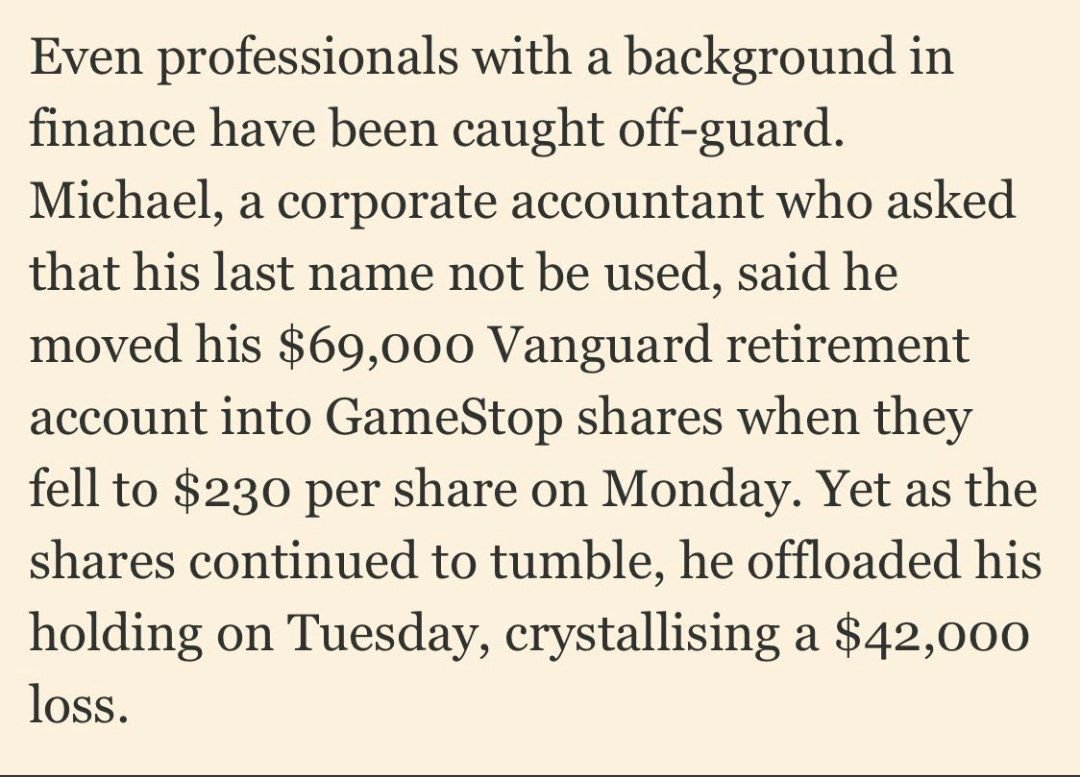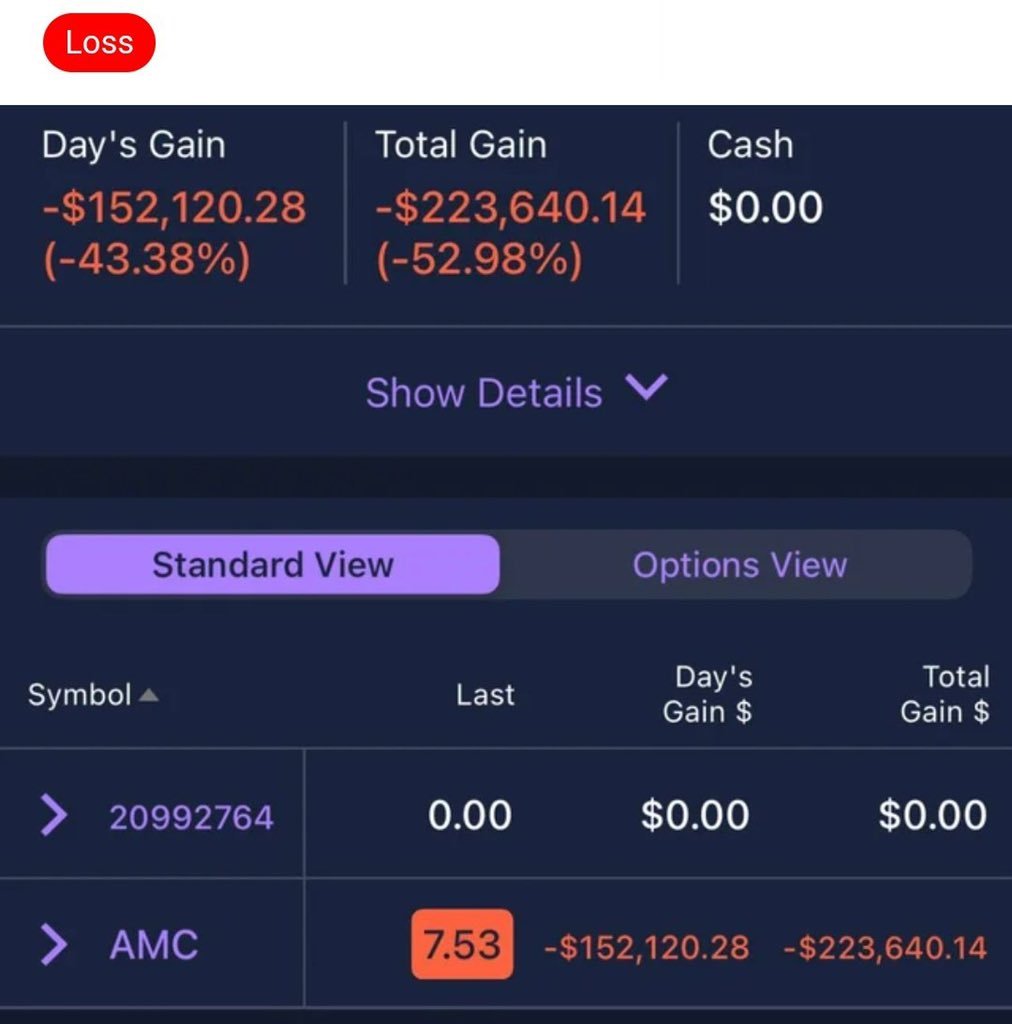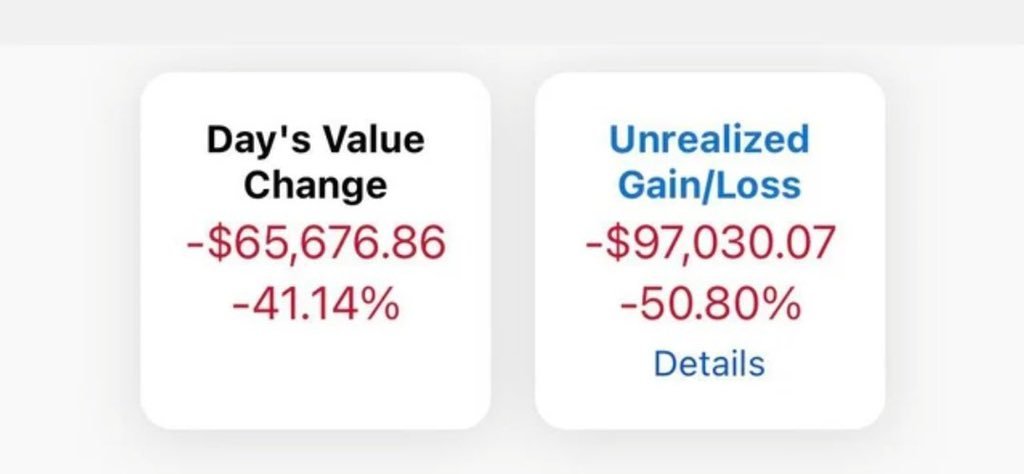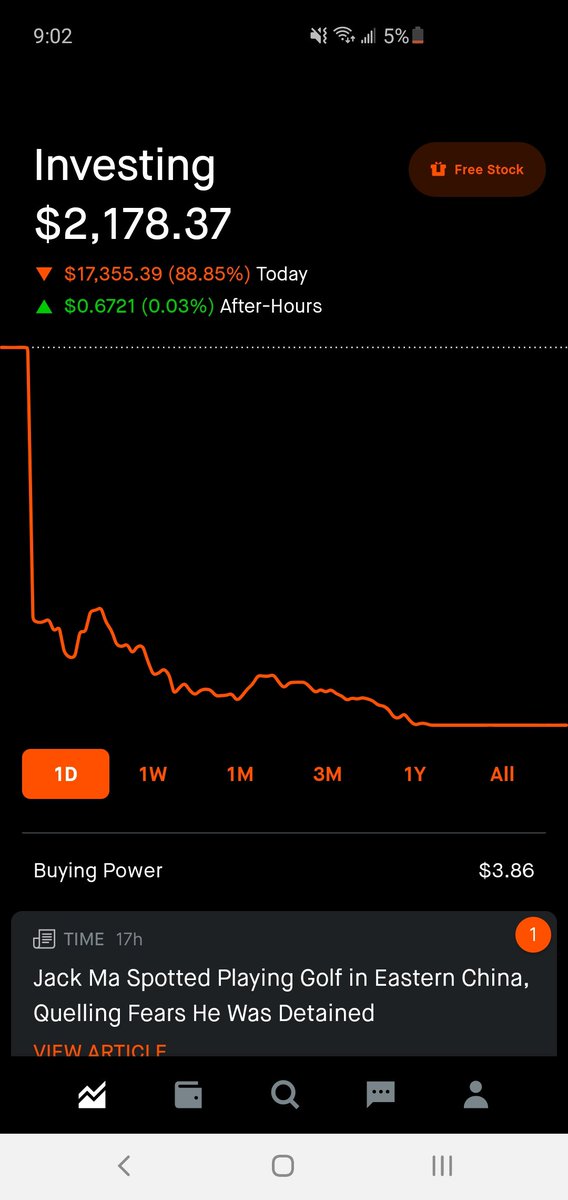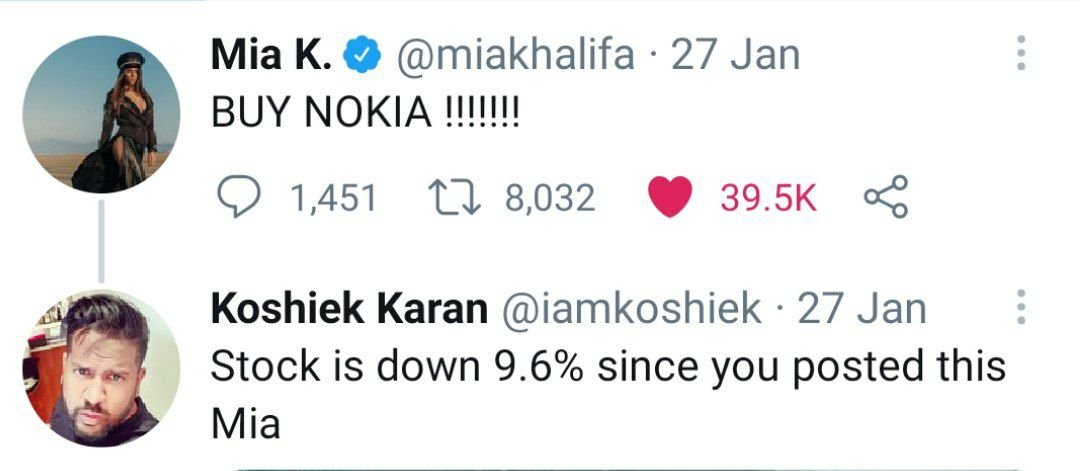
Step by step guide on how to buy/ sell tweets
You're essentially minting a tweet, creating a NFT, transacting on the blockchain & settling payment in ETH
NFT is a non-fungible token
Fancy term for a digital certificate for intellectual property. Think of it like an autograph. Someone pays for your autograph and keeps it as an investment.
Your autograph (NFT) here is a digital certificate of your tweet.
Fancy term for a digital certificate for intellectual property. Think of it like an autograph. Someone pays for your autograph and keeps it as an investment.
Your autograph (NFT) here is a digital certificate of your tweet.
What info is on the digital certificate?
The tweet remains on Twitter under your account. The digital certificate contains metadata of the original tweet.
Metadata = when you posted the tweeted, the time, contents, your digital signature from your crypto wallet
The tweet remains on Twitter under your account. The digital certificate contains metadata of the original tweet.
Metadata = when you posted the tweeted, the time, contents, your digital signature from your crypto wallet
Here's the steps:
1. Verification & Tweet Listing
Login to v.cent.co/setup so Twitter can verify which tweets are yours
2. Set up crypto wallet
Add the metamask extension to your browser to interact with cryptocurrency metamask.io/download
3. Review & accept offers
1. Verification & Tweet Listing
Login to v.cent.co/setup so Twitter can verify which tweets are yours
2. Set up crypto wallet
Add the metamask extension to your browser to interact with cryptocurrency metamask.io/download
3. Review & accept offers
1. Verification & Listing
Click 'login' and your account is now linked to Valuables. Now click 'browse' on the left hand side of the window.
You will see all tweets listed on the marketplace. Someone just bid $500k a @jack tweet
Paste the tweet URL you want to sell at the top


Click 'login' and your account is now linked to Valuables. Now click 'browse' on the left hand side of the window.
You will see all tweets listed on the marketplace. Someone just bid $500k a @jack tweet
Paste the tweet URL you want to sell at the top
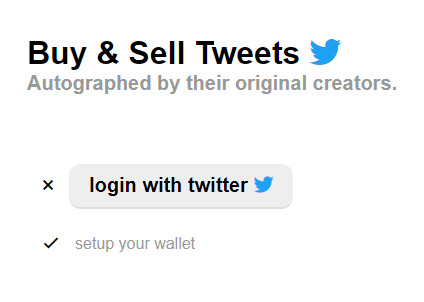


1. Verification & Listing (cont'd)
Once you post a tweet, you get a confirmation pop-up asking if you would like to sell the digital certificate to your tweet.
Once you click "tweet it", your get a unique tweet sales link like this one:
v.cent.co/tweet/13321833… @cent

Once you post a tweet, you get a confirmation pop-up asking if you would like to sell the digital certificate to your tweet.
Once you click "tweet it", your get a unique tweet sales link like this one:
v.cent.co/tweet/13321833… @cent
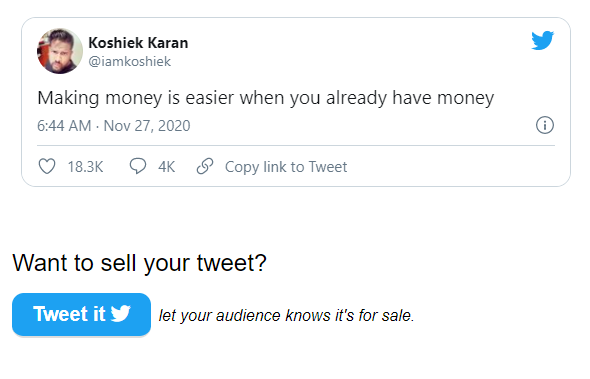

2. Setting up Crypto Wallet
This is super quick. Download the extension at metamask.io/download. If you have never used MetaMask before - click "yes, let's get set up"
Transactions are in Ethereum (ETH). This will store the money you make.
This is super quick. Download the extension at metamask.io/download. If you have never used MetaMask before - click "yes, let's get set up"
Transactions are in Ethereum (ETH). This will store the money you make.
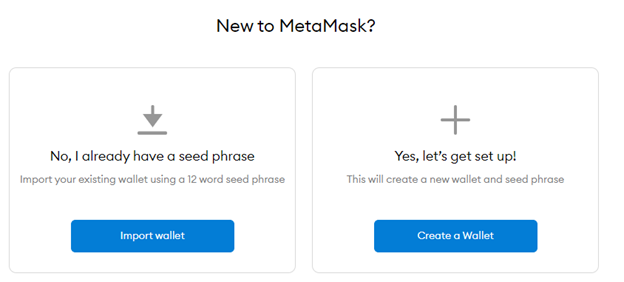
3. You will start receiving bids for your tweets & can decide to accept them
Your cut?
Original tweet
You get 95%
5% goes to Cent
All sales that happen afterwards
The new holder gets 87.5%
You get 10%
2.5% goes to Cent
You get paid every time your certificate changes hands
Your cut?
Original tweet
You get 95%
5% goes to Cent
All sales that happen afterwards
The new holder gets 87.5%
You get 10%
2.5% goes to Cent
You get paid every time your certificate changes hands
That's it! Shout-out for making it to the end. Here's to securing the bag!
Valuables FAQ: docs.google.com/document/d/1kB…
Valuables FAQ: docs.google.com/document/d/1kB…
We're heading to the point where every thought/ digital drawing/ insight can be encrypted, monetised and traded.
Digital intellectual property is the new autograph.
Whether it's used bath water, tweets or a digital piece of art. There's always a market
google.com/amp/s/www.thev…
Digital intellectual property is the new autograph.
Whether it's used bath water, tweets or a digital piece of art. There's always a market
google.com/amp/s/www.thev…
Justin Sun is the same dude who spent $4.5m to have lunch with Warren Buffet. He runs BitTorrent & founded TRON (a crypto platform).
• • •
Missing some Tweet in this thread? You can try to
force a refresh






